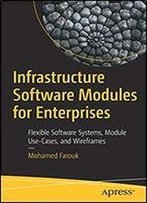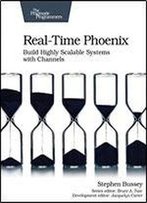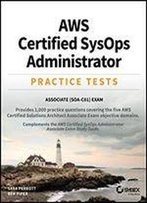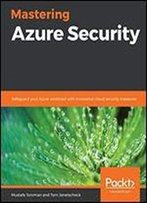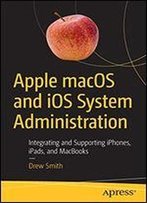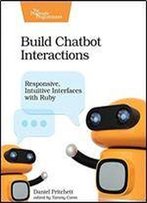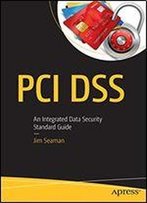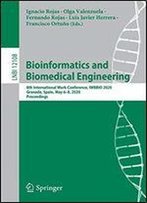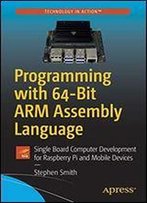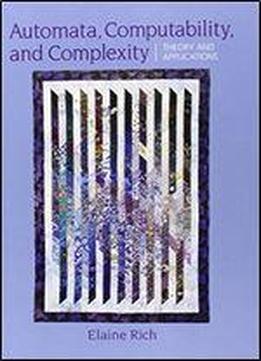
Automata, Computability And Complexity: Theory And Applications
by Elaine Rich /
2008 / English / PDF
7.3 MB Download
The theoretical underpinnings of computing form a standard part of almost every computer science curriculum. But the classic treatment of this material isolates it from the myriad ways in which the theory influences the design of modern hardware and software systems. The goal of this book is to change that. The book is organized into a core set of chapters (that cover the standard material suggested by the title), followed by a set of appendix chapters that highlight application areas including programming language design, compilers, software verification, networks, security, natural language processing, artificial intelligence, game playing, and computational biology. The core material includes discussions of finite state machines, Markov models, hidden Markov models (HMMs), regular expressions, context-free grammars, pushdown automata, Chomsky and Greibach normal forms, context-free parsing, pumping theorems for regular and context-free languages, closure theorems and decision procedures for regular and context-free languages, Turing machines, nondeterminism, decidability and undecidability, the Church-Turing thesis, reduction proofs, Post Correspondence problem, tiling problems, the undecidability of first-order logic, asymptotic dominance, time and space complexity, the Cook-Levin theorem, NP-completeness, Savitch's Theorem, time and space hierarchy theorems, randomized algorithms and heuristic search. Throughout the discussion of these topics there are pointers into the application chapters. So, for example, the chapter that describes reduction proofs of undecidability has a link to the security chapter, which shows a reduction proof of the undecidability of the safety of a simple protection framework.
